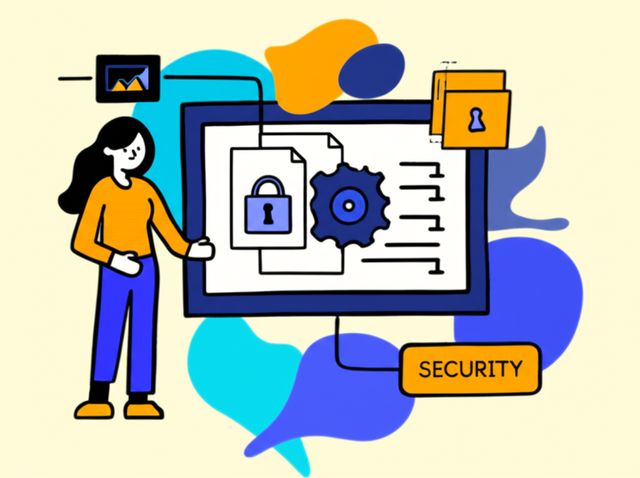Secure Coding Practices
Secure Coding Practices is a critical aspect of software development that helps protect applications from vulnerabilities and exploits. This article explores what Secure Coding Practices entail, why they are important, and how online courses can facilitate your learning.
Importance of Secure Coding Practices
In today's digital landscape, software security is paramount. Secure Coding Practices are essential for safeguarding software against malicious attacks, protecting sensitive data, and ensuring the integrity of software systems. By implementing these practices, developers can minimize the risk of vulnerabilities that could lead to data breaches, financial losses, and reputational damage.
Benefits of Learning Secure Coding Practices
There are numerous benefits to learning Secure Coding Practices:
- Enhanced Software Security: Secure Coding Practices significantly improve software security by reducing the likelihood of vulnerabilities that could be exploited by attackers.
- Compliance with Regulations: Many industries have regulations that require organizations to implement Secure Coding Practices to ensure the protection of sensitive data and systems.
- Protection of Reputation: Software vulnerabilities can damage an organization's reputation and erode customer trust. Secure Coding Practices help prevent such incidents and maintain a positive brand image.
- Increased marketability: Developers who are proficient in Secure Coding Practices are in high demand due to the growing importance of software security.
- Personal and Professional Growth: Learning Secure Coding Practices enhances your technical skills and makes you a more valuable asset to organizations.
How Online Courses Can Help
Online courses provide a convenient and accessible way to learn Secure Coding Practices. These courses offer:
- Structured Learning: Online courses provide a structured learning path that guides learners through the fundamentals of Secure Coding Practices.
- Real-World Examples: Courses often include real-world examples and case studies to illustrate the practical applications of Secure Coding Practices.
- Expert Instructors: Online courses are often taught by industry experts with extensive experience in software security.
- Interactive Exercises and Projects: Courses may incorporate interactive exercises, projects, and simulations to enhance comprehension and practical application.
- Certification Preparation: Some online courses can help learners prepare for industry-recognized Secure Coding certifications.
Are Online Courses Enough?
While online courses are valuable learning tools, they may not be sufficient for a comprehensive understanding of Secure Coding Practices. Hands-on experience, through personal projects or internships, is essential to fully grasp the practical aspects of software security. Additionally, ongoing research and keeping up with the latest security trends is crucial in this ever-evolving field.
Conclusion
Secure Coding Practices are essential for developing secure software systems. Online courses offer an accessible and effective way to learn these practices, providing structured learning, expert guidance, and practical exercises. While online courses are a valuable resource, supplementing them with hands-on experience and ongoing learning is recommended for a comprehensive understanding of software security.


